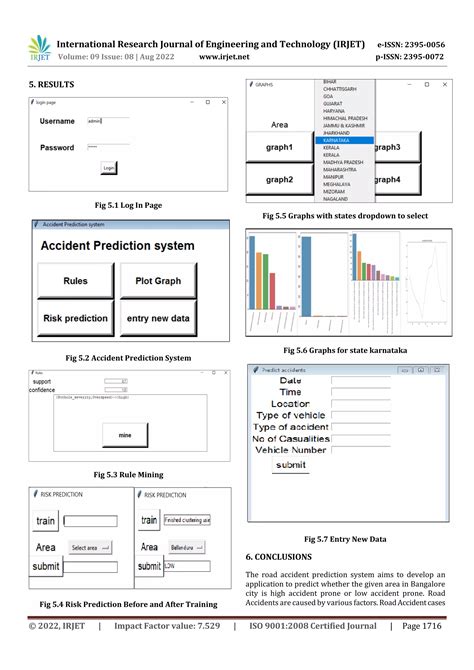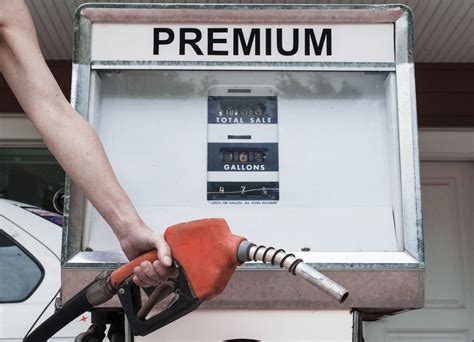Understanding Octane Ratings and Engine Requirements
Many car owners consider whether investing in premium fuel, even when their vehicle’s manufacturer doesn’t recommend it, could lead to better engine performance or extended engine life. This question often stems from a misunderstanding of what octane ratings signify and how they relate to a vehicle’s engine design. Fuel’s octane rating is a measure of its resistance to ‘knocking’ or ‘pre-ignition’ – a phenomenon where the fuel-air mixture ignites prematurely in the engine’s cylinders, leading to a detrimental pinging sound and potential engine damage.
Standard unleaded gasoline, typically 87 octane, is perfectly adequate for the vast majority of vehicles on the road. These engines are designed with specific compression ratios and ignition timings that operate optimally with regular fuel. Premium fuel, with its higher octane rating (usually 91 or 93), is formulated to resist higher compression and heat without igniting prematurely. This is crucial for high-performance engines, often found in luxury cars, sports cars, or turbocharged/supercharged vehicles, which have higher compression ratios and more aggressive ignition timing.

The Myth of “Better” Fuel for Standard Engines
A common misconception is that a higher octane fuel is inherently ‘better’ or ‘cleaner’ for any engine. The truth is, if your car’s owner’s manual specifies regular 87 octane fuel, using premium 91 or 93 octane fuel will not provide any performance benefits. Your engine’s computer (ECU) is programmed to optimize performance for the recommended fuel. When higher octane fuel is introduced into an engine designed for regular, the ECU makes no adjustments to take advantage of the premium fuel’s higher knock resistance because the engine’s design doesn’t necessitate it.
Consequently, you won’t experience increased horsepower, improved acceleration, better fuel economy, or a cleaner engine. The fuel simply burns as regular octane would, with the additional cost being the only notable difference. The only exception might be very rare cases where an engine designed for regular fuel is experiencing severe knocking due to extreme conditions (e.g., very high altitude, heavy towing, or extreme heat), but even then, this is often a symptom of another underlying issue rather than a permanent solution through higher octane fuel.

Financial Implications of Unnecessary Premium Fuel
From a financial perspective, consistently using premium fuel when not required is a wasteful practice. The price difference between regular and premium fuel can range from 20 to 60 cents per gallon, or even more. Over time, these small incremental costs add up significantly. For an average driver filling up once a week, this could easily translate to hundreds of dollars wasted annually – money that could be better spent on routine vehicle maintenance, unexpected repairs, or other personal finances.
Consider the cumulative effect: if you save $0.40 per gallon and fill up 10 gallons weekly, that’s $4.00 per week, totaling over $200 per year. Over the lifespan of a vehicle, this unnecessary expenditure could amount to thousands of dollars. This financial drain offers no return on investment in terms of engine performance or longevity for vehicles that do not require premium fuel.

When Premium Fuel IS Necessary
It’s crucial to distinguish between ‘required’ and ‘recommended’ fuel. Some manufacturers ‘recommend’ premium fuel, meaning the engine will perform optimally with it, but can run on regular without damage, albeit with a slight dip in performance or fuel economy. However, if your owner’s manual ‘requires’ premium fuel, then using anything less can lead to engine knocking, reduced performance, and potentially long-term engine damage due to the stress placed on internal components. Always consult your vehicle’s owner’s manual to determine the appropriate fuel type.
True Ways to Enhance Engine Performance and Longevity
Instead of opting for unneeded premium fuel, focus on proven methods to maintain and potentially improve your vehicle’s performance and extend its life:
- Regular Maintenance: Adhere to the manufacturer’s recommended service schedule, including oil changes, filter replacements (air, oil, fuel), and spark plug changes.
- Proper Tire Inflation: Ensures optimal fuel efficiency and reduces strain on the engine.
- Clean Fuel Injectors: Use a high-quality fuel system cleaner periodically if recommended by your mechanic.
- Mindful Driving Habits: Avoid aggressive acceleration and hard braking, which are inefficient and put unnecessary stress on the engine.
- Addressing Warning Lights: Promptly address any check engine lights or other warning indicators.

Conclusion
In summary, for the vast majority of vehicles, using premium fuel when not specifically required by the manufacturer is not a smart financial choice. It offers no measurable benefits in terms of engine performance, fuel efficiency, or engine longevity. The extra cost is purely an unnecessary expense. For true engine health and performance, adhering to your vehicle’s recommended maintenance schedule and driving habits are far more effective and financially sensible strategies.




